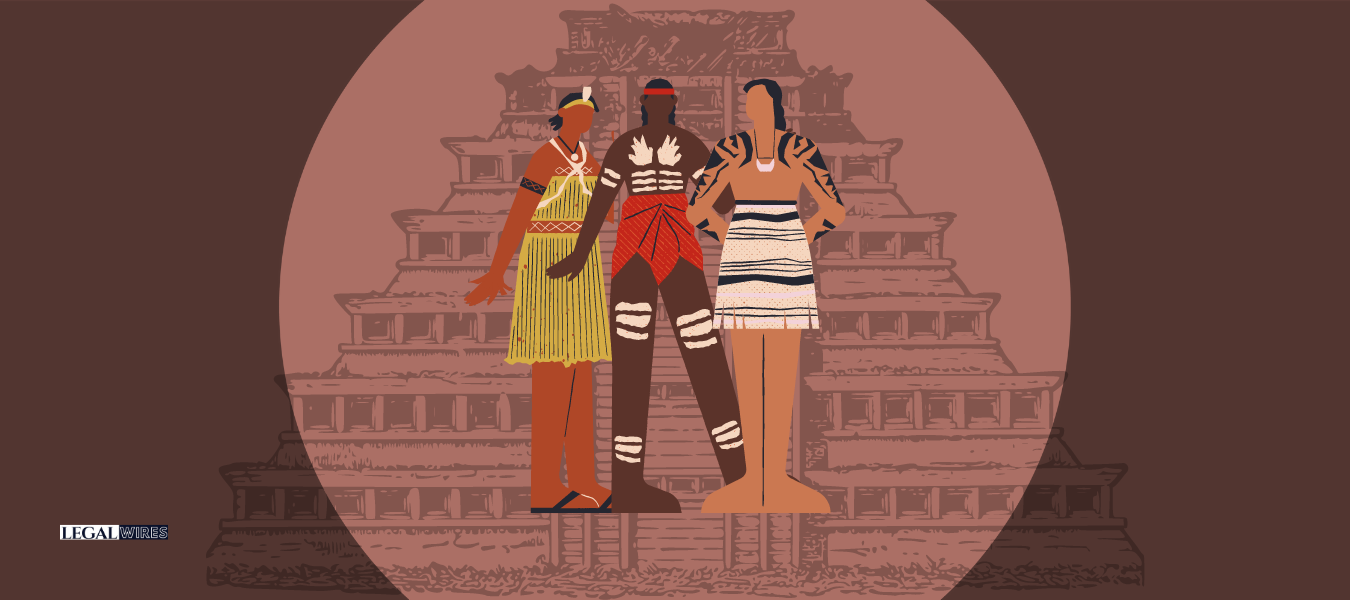Citation: AIR 2001 SC 938, (2001) 3 SCC 13 Date

AI assistant for case prep and filings
Citation: AIR 2001 SC 938, (2001) 3 SCC 13
Date of Judgement: 14th February, 2001
Bench: J. K.T.Thomas, J. R.P.Sethi
Facts:
- The appellant and the respondent were married as per the Hindu rites and customs. Both the parties were admittedly tribal, wife being an Oraon and the husband a Santhal, however they profess Hinduism otherwise.
- Respondent entered into a second marriage during the subsistence of first marriage with the appellant and thus against the tribal rule which renders the second marriage void and hence should be prosecuted under Sec 494 of the Indian Penal Code.
Lower Court’s Decision:
The complaint was dismissed by the trial court holding, “there is no mention of any such custom in the complaint nor there is evidence of such custom. In the absence of pleadings and evidence reference to Book alone is not sufficient”.
High Court’s Decision: The High Court held that in the absence of notification in terms Sec 2(2) of the Hindu Marriage Act, 1955 no case for prosecution for the offence of bigamy was made out against the respondent because the alleged second marriage cannot be termed to be void either under the Act or any alleged custom having the force of law.
Judgement: The appellant/plaintiff preferred the appeal by way of SLP to the Supreme Court which was dismissed after taking into consideration the ingredients of the constitution of an offence under section 494 IPC and the interplay of custom and usage with penal provisions.
Key Issues discussed in the case:
1. Whether a custom can create an offence?
No
A custom can never create an offence as it essentially deals with the civil rights of the parties and no person can be convicted of any offence except for violation of law in force at the time of commission of the act charged.
2. What is Custom and Usage and its legal recognition?
The expression “custom” and “usage” signify any rule which, having been continuously and uniformly observed for a long time, has obtained the force of law among Hindus in any local area, tribe, community, group or family: Provided that the rule is certain and not unreasonable or opposed to public policy; and Provided further that in the case of a rule applicable only to a family it has not been discontinued by the family. It is a position in law that the matrimonial matters are governed by personal laws which recognizes Customs and Usage practices.
Custom may be proved for the determination of the civil rights of the parties including their status, the establishment of which may be used for the purposes of proving the ingredients of an offence, which under Sec 3(37) of the General Clauses Act, would mean an act or omission punishable by any law by way of fine or imprisonment. For custom to have the colour of a rule or law, it is necessary for the party claiming it to plead and thereafter prove that such custom is ancient, certain and reasonable. Custom being in derogation of the general rule is required to be construed strictly.
3. Who is a Hindu for the purposes of applicability of Hindu Marriage Act?
As per the application clause of Hindu Marriage Act, it is applicable to all persons domiciled in the territory of India who are not Muslims, Christians, Parsis or Jews by religion. The term “Hindu” has not been defined either under the Act or Indian Succession Act or any other enactment of the Legislature.
The following persons are Hindus, Buddhists, Jainas or Sikhs by religion, as the case may be,- (a) any child, legitimate or illegitimate, both of whose parents are Hindus, Buddhists, Jainas or Sikhs by religion; (b) any child, legitimate or illegitimate, one of whose parents is a Hindu, Buddhist Jaina or Sikh by religion and who is brought up as a member of tribe, community, group or family to which such parents belongs or belonged; and (c) any person who is a convert or re-convert to the Hindus, Buddhist, Jaina or Sikh religion.


